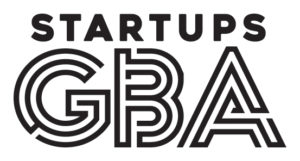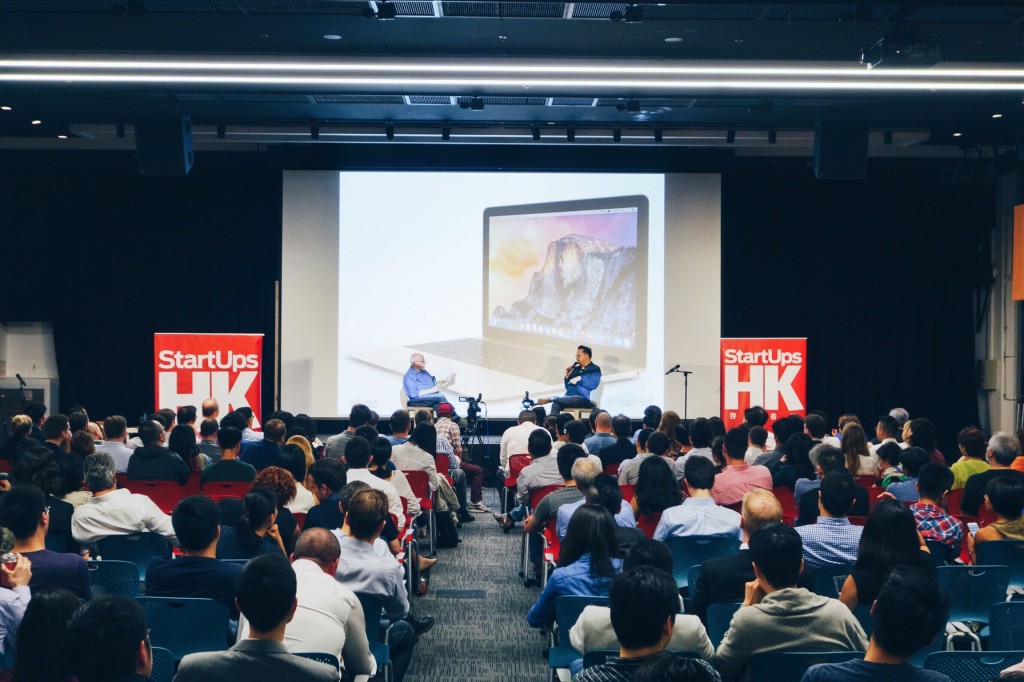
On Friday, StartupsHK hosted the legendary Walt Mossberg — former principal technology columnist at the Wall Street Journal, creator of AllThingsD and the co-executive editor of Re/Code. Casey Lau, known in the Hong Kong circles as the ‘Startup Morpheus’ quizzed Walt on everything from the fall of Gigaom to his thoughts on what makes a good founder. It was an inspiring, no-bullshit sharing session for an audience of journalists, techies and startups from one of the most influential technology journalists of our time.
Before launching his Personal Technology column, which ran from 1991 to 2013, Mossberg covered national and international affairs for almost two decades at the Wall Street Journal. Despite being lauded by WIRED as ‘The Kingmaker’ due to his incredibly influential reviews, Mossberg is as humble as they come. “The first half of my career, I felt lucky to cover giant historical events in the geopolitical realm. I got to be at the Berlin Wall a couple days after it fell, got to do cool things like that. In the tech part of my career, I got to know people that were also going to be written in the history books as well. It was as if I got into a time machine and could write about the people that invented the car… it’s been a lucky thing for me,” he said.
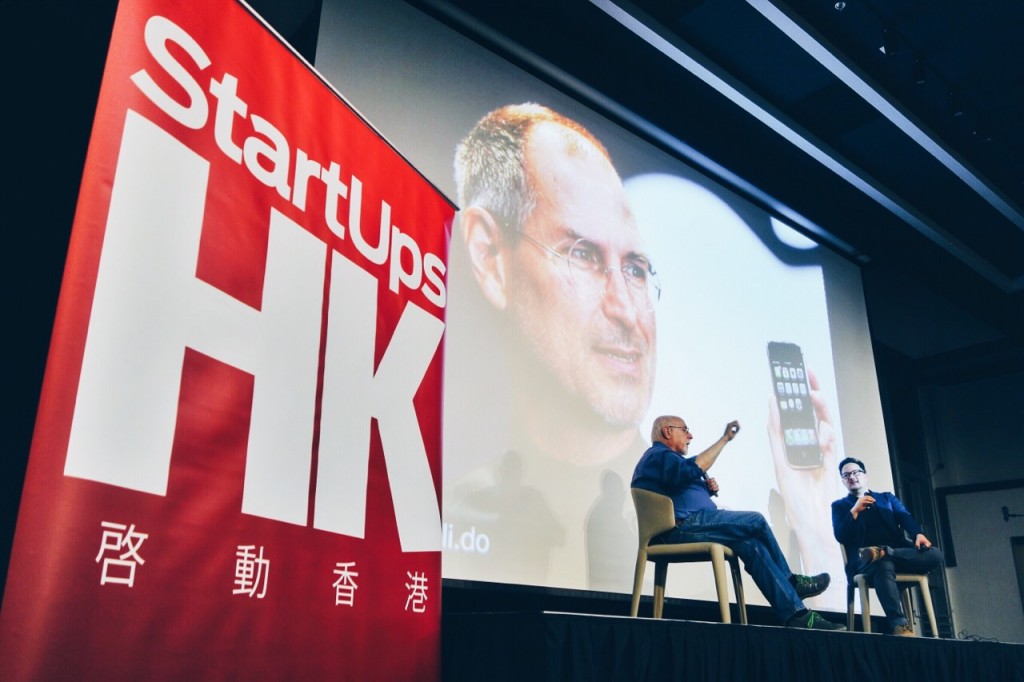
Throughout his career, Mossberg has interviewed and become friends with a number of tech stalwarts including the late Steve Jobs, Mark Zuckerberg and the real-life Iron Man Elon Musk. “He passionately believes in going to Mars, passionately believes in electric cars, charging stations and swears up and down that he’s going to build one you can afford. He has big ideas and he’s not afraid to push them and that’s what it takes to be a person that manages to achieve two things: To be very wealthy and manage to change the world. Bill Gates, Steve Jobs, Mark, Elon — they’re all like that.”
Although they’ve changed the world in very different ways, Mossberg said that all of these legendary founders have one thing in common — they are unafraid to make waves in order to achieve their goals. “When you have an idea for a product and you think you can deliver capabilities to your customers that they don’t have now, that is disruptive, that you can change the world and put a dent in the world — you have to be maniacal about it. Sometimes you have to be unpleasant to people. You have to make enemies sometimes to push things,” he said.
And fearlessly so, Mossberg and fellow Wall Street Journal columnist Kara Swisher had their first go at building a successful media startup with AllThingsD, and quickly realized that being entrepreneurial inside a big company has its pros and cons. Although Mossberg and Swisher were able to tap into the Journal’s deep pockets to build a conference brand from scratch, they had no share of the profits as AllThingsD was 100% owned by Dow Jones. So they began fundraising for their next media startup and as of January of last year, Re/Code was born.
Other media startups have not fared so well, as pioneering tech blog Gigaom shut down operations recently. Despite many op-eds lamenting the death of respectable journalism in favor of Buzzfeed-style listicles, Mossberg said that the fall of Gigaom may have been a one off as they took on debt — which is uncommon for web or media startups. “It’s very sad, but I don’t think it’s a cautionary tale because there were special circumstances there. They had a lot of venture money. Media startups have a slower cooking time and media startups are a different animal. If you don’t want to make most of your content listicles, it’s harder to achieve and sustain profitability, but I refuse to believe it’s impossible — we aim to do it,” he said.
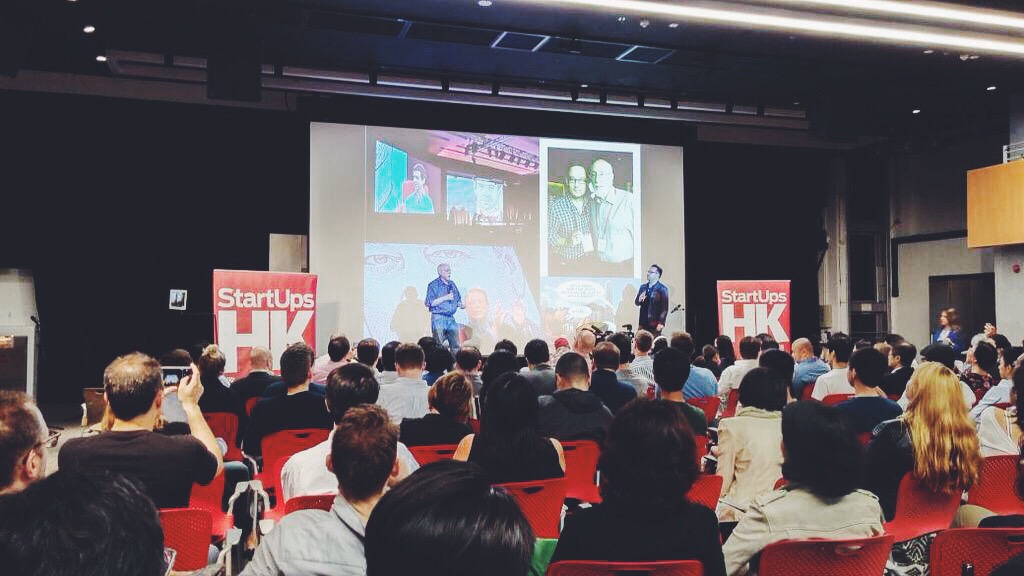
Tech journalism in the digital age has been a constant evolution into the unknown. The way that people consume news has changed drastically, along with the ways that the public interacts with journalists. Having been a journalist for 40+ years, Mossberg witnessed the profession’s transition into the digital realm firsthand and advises journalists to maintain their integrity and to also ramp up engagement with the public.
“If you’re serious about doing quality journalism, you are operating under the same standards of ethics and quality that you would have at the New York Times, the Wall Street Journal of the Washington Post. You [also] have to engage with your audience in all kinds of platforms, be smart about social media and have a conversation on Twitter… being trained as a writer is not good enough anymore.”
While the journalistic profession continues to evolve, so do cities in order to support growing startup ecosystems. While startup scenes like Singapore and South Korea are heavily supported by the government, others are left to flourish on their own and Mossberg’s stance on the matter is firm. “It’s a gigantic mistake to assume the government is going to do it for you. It’s not because I hate governments, but if you look at examples I’m familiar with, like the US, Facebook lobbied the government for special visas but they didn’t wait for the government.”
Hong Kong’s government has been criticized for its ‘half-hearted’ support of entrepreneurs, and Mossberg urges startups to push forward independently. “You have to depend on yourselves and you have to have the guts to make those decisions about your big ideas, what to leave out and you have to have VC funding. You have to make this a place where smart engineers, designers and marketers want to stay and if they don’t want to live there, they can visit. Don’t wait for it, do it yourselves.”
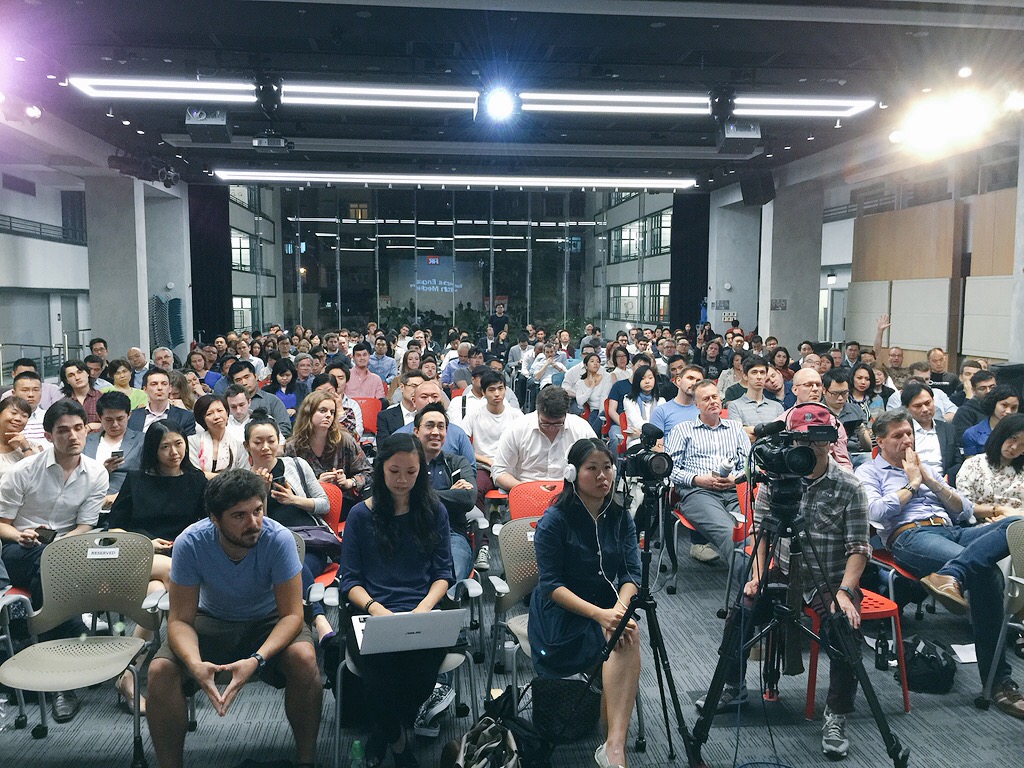
Whether you subscribe to the view that the local government isn’t doing enough to support startups, the Hong Kong startup scene is fast becoming a force. It has attracted big name conferences looking to host in Asia for the first time including Web Summit’s ‘Rise’ in July and Re/Code’s ‘Code’ in November which will be held at the Grand Hyatt.
Mossberg’s reasoning for choosing Hong Kong is simple: “The market within reach of Hong Kong is the most important market in the world.”
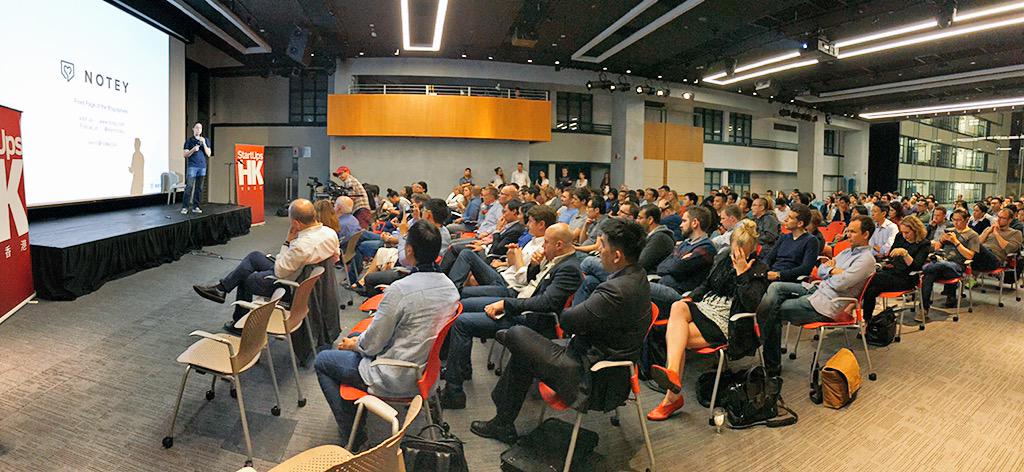
See more photos on our Facebook page here.
Check out Naomi van der Velde sing her original song “The Tech Space” one of the highlights of the evening:
Some tweets from the evening – see more by searching the #WaltHK hashtag:
Awesome event w/@waltmossberg & @️startupshk community!Honor to meet this legendary tech journalist #WaltHK #startup pic.twitter.com/YGZnlGuOYA
— Cath (@cathnotey) March 21, 2015
.@waltmossberg: “Steve, I said no slides!” Steve Jobs: “No you didn’t! You said no PowerPoint!” LOL #WaltHK pic.twitter.com/qmfZzou0Vu
— Richard Lai (@richardlai) March 20, 2015
“Where I have argued with Mark Zuckerberg is about privacy.” – Watt Mossberg @startupshk #walthk @Recode pic.twitter.com/IfofANhTYw
— Blue Lobster (@BlueLobsterCo) March 20, 2015
.@hypercasey kicks off the @startupshk evening. @waltmossberg of @Recode is here! #WaltHK pic.twitter.com/gtL18XqJZ1
— Richard Lai (@richardlai) March 20, 2015
No red chairs but plenty to talk about! #walthk pic.twitter.com/IljecW0PKp
— Insight Robotics (@InsightRobotics) March 20, 2015
Excited for the Code Conference in November! Thanks @waltmossberg for your words of wisdom! #WaltHk pic.twitter.com/5UTTMfdQjx
— Notey (@teamnotey) March 20, 2015
Here comes the most important question #walthk @waltmossberg pic.twitter.com/dUy8mGYtug
— Kelvin Lee (@KelvinLeeHK) March 20, 2015
‘The key for any business is to decide what not to do’ – #walthk #startupshk #recode pic.twitter.com/hro9Xu7N68
— GarageSociety (@Garage_Society) March 20, 2015
@waltmossberg on the late great Steve Jobs on leadership, curation, and being laser-focused #walthk @startuphk pic.twitter.com/Puq8Dtro8m
— Pamela Ambler (@pamambler) March 20, 2015
Listening to @waltmossberg in Hong Kong, being interestingly real about the Apple Watch. #WaltHK pic.twitter.com/4OMT1Lk6Yu
— David Ko (@davko1) March 20, 2015
Some photos via Instagram:
Learning from the master #walthk #hkig #recode #teamnotey
A photo posted by Jamie Wilde (@octarine) on Mar 20, 2015 at 7:02am PDT
A photo posted by blueprint (@blueprint_hk) on Mar 20, 2015 at 5:19am PDT
A photo posted by Notey (@teamnotey) on Mar 20, 2015 at 4:54am PDT
